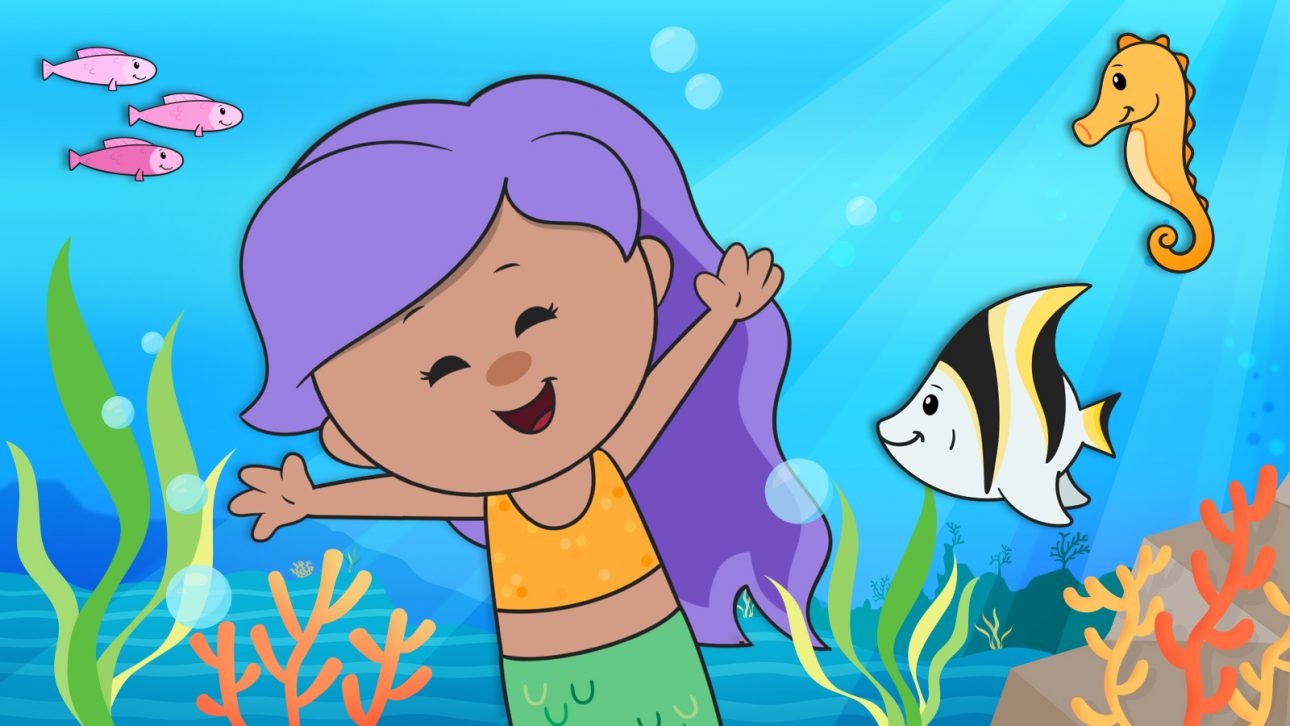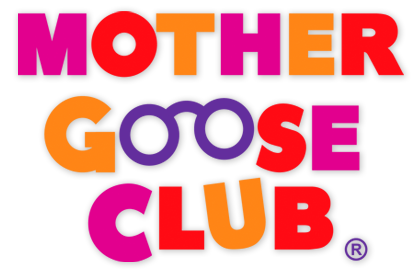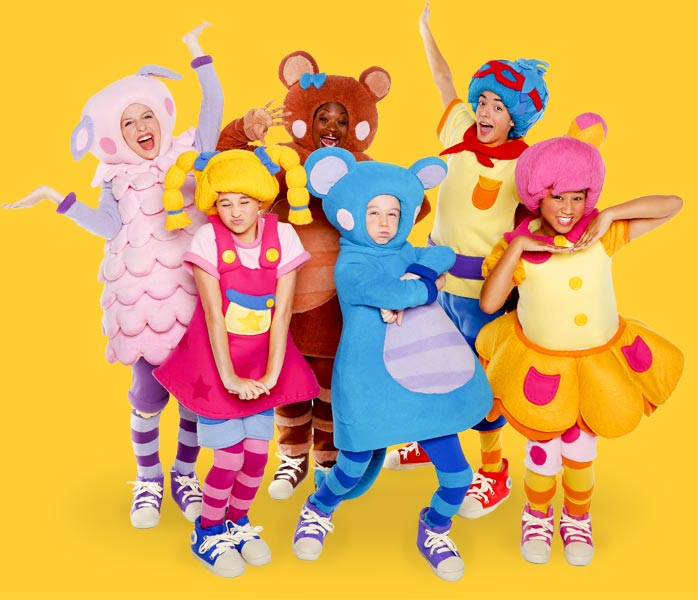
Growing up near the Chesapeake Bay, some of my fondest childhood memories are tied to being in and around the ocean. Last year I revisited the Maryland coast with my family and noticed considerably more debris washing up on the sand, extremely overcrowded beaches, and far fewer fish than I remembered. This made me wonder if the children of the next generation would be able to enjoy some of the same things about the ocean that I was able to in my youth. What family doesn’t endure months of planning to spend a few days watching the waves crash closer and closer to the sandcastles their children painstakingly built? What if the tuna, shrimp and clams we put on the table for our families just aren’t readily available anymore? While not everyone has the time to organize a beach cleanup, or the resources to start their own environmental non-profit, there are some very simple, helpful things that all of us can do right from our homes that can go a long way to helping our oceans.
It is estimated that up to 12 million tons of plastics enter the earth’s oceans every year. Everyone can help reduce this amount by cutting down on single-use plastic items. If you don’t already, carry your own bags whenever you go shopping to cut down on plastic bags. Most places that serve beverages will gladly fill a beverage container that you provide; some like Starbucks even offer a small discount. Although many plastic containers these days are recyclable, the EPA estimates only 8% of plastics are actually recycled. If possible, choose non-plastic containers for items such as milk, orange juice and cream cheese. Try to avoid synthetic fibers in your clothing. Nylon, polyester and acrylic clothing shed millions of tiny fibers when washed that end up in our waterways and oceans.
Conserving water is one of the easiest ways we can make a significant contribution to the well-being of our oceans. The water that leaves our homes goes to sewage treatment facilities that can get overwhelmed, leading to harmful substances entering our waterways. If you have a yard, up to 60% of your household water use can be used for landscape irrigation. This excess water can pick up pollutants on the way to entering our rivers and oceans. Stormwater and urban runoff are the primary reason for beach closures around the country. We can help by turning off the tap when brushing our teeth or shaving. Promptly fix any leaky faucets and pipes. If you are familiar with your home’s plumbing system, turn off water to areas of your home that don’t use much water at certain times of year, such as outdoor faucets during the colder seasons. For those with a yard, redirect any rainwater from your gutters to your lawn or garden. Consider installing a rain barrel to collect rainwater throughout the warmer months. Compost or mulch in your yard will help retain rainwater longer, giving plants more time to absorb it.
If you are like me, you may have experienced a firm poke from your conscience when picking up that container of drain cleaner, you know, the one with the skull and crossbones on it. We may not be able to completely eliminate harmful chemicals from our lives, but we can all definitely find at least one or two items in our homes that will have effective, less toxic alternatives. Many glass cleaners and all-purpose cleaners have more natural options that won’t impact our ability to clean, protect and disinfect. Aside from the ready-made products, try baking soda to clean and scrub the bathroom and kitchen. White vinegar and lemon juice are also excellent cleaners and do a great job of cutting through grease.
Lastly, sign up for a cool specialty license plate for your vehicle that contributes to organizations helping to keep our waterways and oceans clean. Not only will you be helping a worthy cause, but you also get to accessorize your vehicle with a catchy plate that expresses your individual style. Check with your state’s motor vehicle webpage where usually all specialty plates are browseable. One word of caution – research the organization behind your chosen plate as not all of them are as reputable as their name might imply.
With efforts like these, a little can go a long way, and hopefully our efforts can collectively lead to preserving healthy rivers, lakes and oceans for generations to come.







